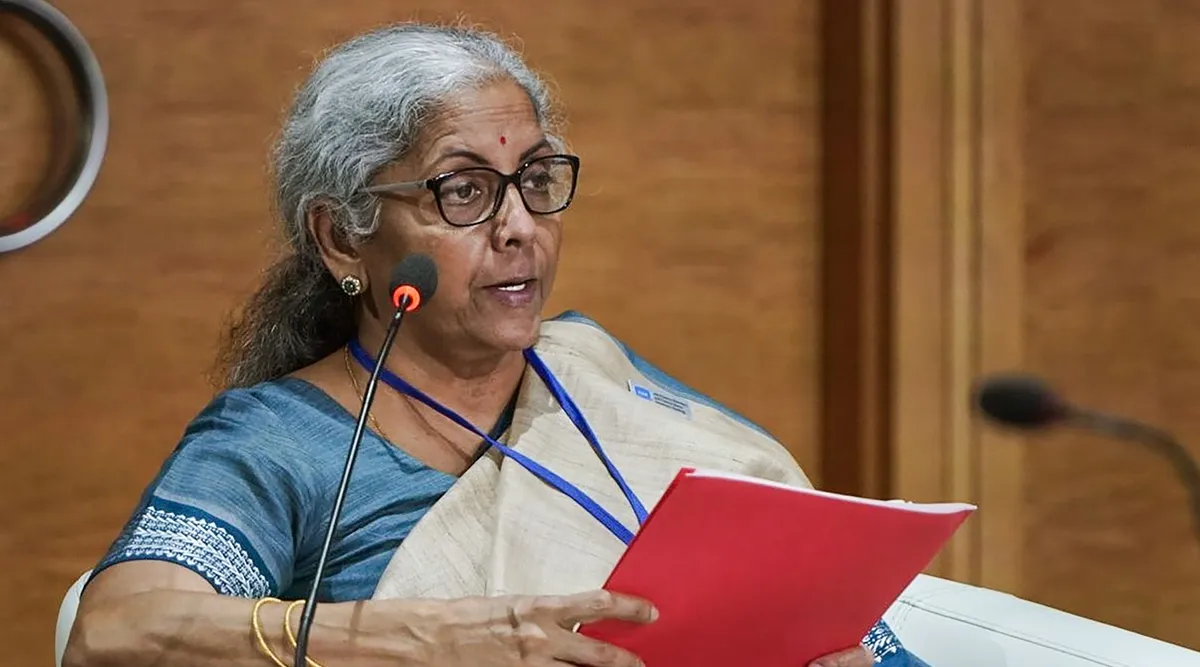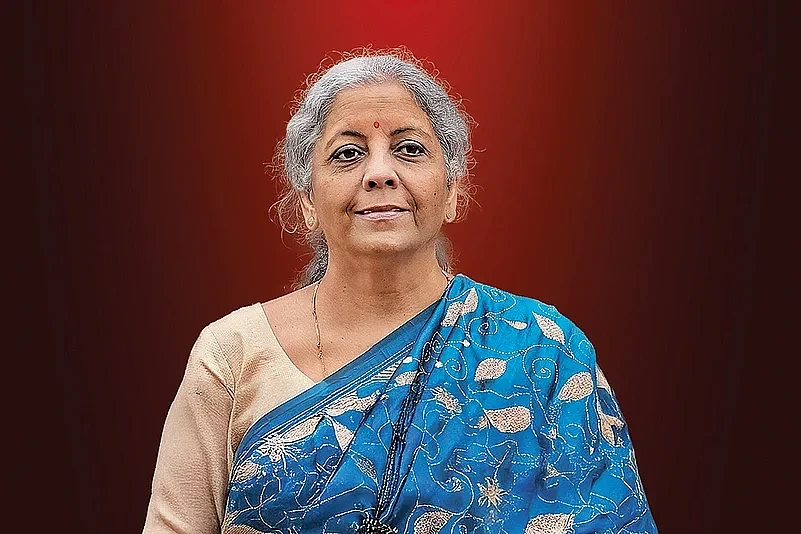26 Oct 2024, 11:50 AM India’s Finance Minister, Nirmala Sitharaman, has called for the World Bank to offer more affordable and accessible financing options for middle-income countries.
Speaking at a recent international economic forum, Sitharaman emphasized the need for restructured lending rates and mechanisms, arguing that middle-income countries face unique challenges that require tailored financial support.
This plea underscores her focus on inclusive economic growth, particularly at a time when global economic uncertainties are impacting development prospects for several middle-income nations.
Nirmala Sitharaman’s Call for Fairer Lending Policies
In her remarks, Nirmala Sitharaman highlighted the challenges that middle-income countries encounter in accessing funds at reasonable rates.
She argued that the World Bank’s current lending frameworks often place a financial strain on these countries, limiting their ability to pursue developmental goals.
Sitharaman pointed out that middle-income countries are frequently at risk of being left behind in global economic progress due to their reliance on costly external loans for essential projects in infrastructure, healthcare, and education.
According to Sitharaman, it is crucial for the World Bank to acknowledge that middle-income nations contribute significantly to global trade and economic stability.
As such, offering them affordable financing would not only assist individual nations in their development but also promote greater global economic resilience.
Her remarks serve as a reminder of the complexities middle-income countries face and the urgent need for global financial institutions to offer solutions that align with their economic circumstances.
The Importance of Affordable Lending for Development
Sitharaman emphasized that middle-income countries play an essential role in driving global growth, innovation, and environmental sustainability.
However, the high interest rates on World Bank loans can strain their budgets, reducing the funds available for social welfare, green initiatives, and critical infrastructure projects.
In many cases, expensive loans leave these nations in prolonged debt cycles, which undermine their long-term financial stability.
Nirmala Sitharaman argued that the World Bank must recognize the unique position of middle-income countries and adopt a differentiated lending approach that offers affordable rates and more flexible loan terms.
Such changes, she noted, would empower these countries to implement sustainable development policies, particularly in areas like climate action, which require substantial investment but offer significant long-term benefits to the global economy.
Nirmala Sitharaman Advocates for Lending Reforms
To address these challenges, Sitharaman proposed that the World Bank consider reforms to its lending structure.
She recommended that the World Bank introduce preferential interest rates and longer repayment periods for middle-income countries, enabling them to borrow at costs similar to those provided to low-income countries.
This approach would be particularly beneficial for countries dealing with complex issues such as population growth, urbanization, and economic disparity, where immediate financial resources are essential for effective policy implementation.
Sitharaman also highlighted the importance of bridging the gap between the needs of middle-income countries and the resources available from global financial institutions.
She advocated for closer collaboration between the World Bank and emerging economies, calling for tailored solutions that address regional and sectoral priorities within these nations.
The vision of Nirmala Sitharaman for Inclusive Global Growth
Nirmala Sitharaman’s appeal to the World Bank emphasizes her commitment to fostering inclusive and sustainable growth for middle-income countries. Her advocacy for affordable lending highlights the critical role that financial accessibility plays in advancing development agendas. By prioritizing reform in the World Bank’s lending policies, Sitharaman seeks to empower middle-income countries to pursue ambitious projects that benefit their citizens and contribute to global economic stability.
Her call for change reflects India’s stance on economic inclusivity and responsible financing, urging global institutions to adopt policies that promote equitable growth across all nations. As the World Bank reviews its lending practices, Sitharaman’s proposals could serve as a valuable framework for future reforms, positioning middle-income countries for success in a rapidly evolving global economy.





